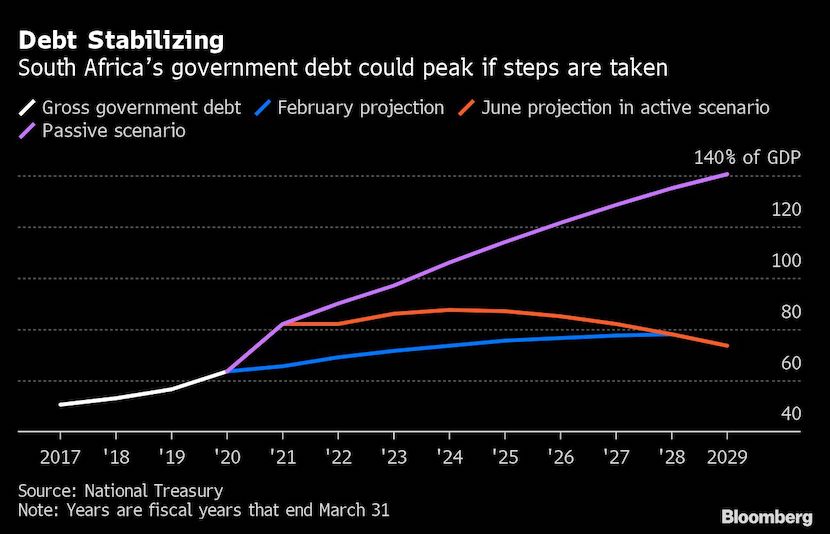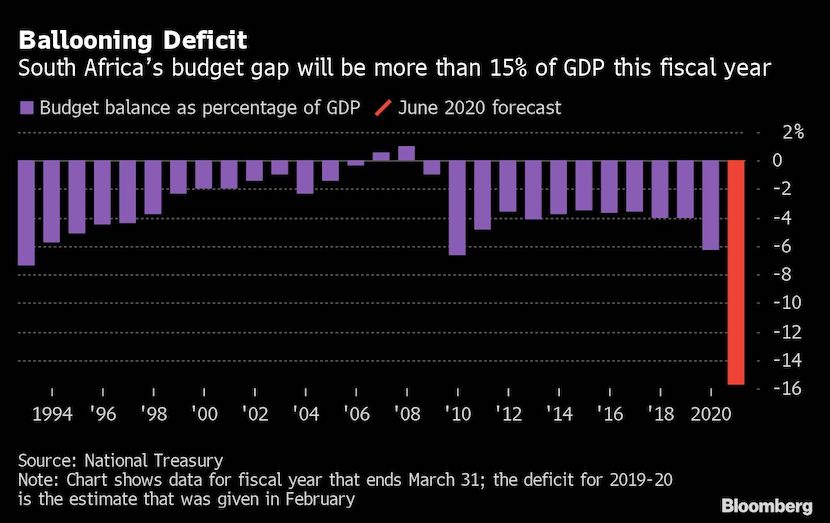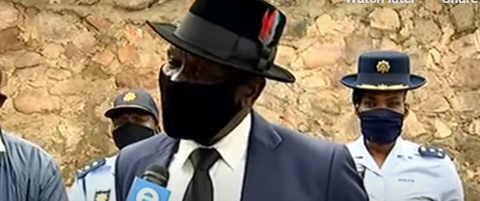City Press Antoinette Slabbert
A R100 billion calculation mistake by the National Energy Regulator of SA (Nersa) will most likely see consumers dig deeper into their pockets to pay for increased electricity tariffs.
City Press’ sister publication, Rapport, can today reveal that Nersa has withdrawn its opposition and conceded to making mistakes in calculations of tariffs to two court applications brought by power utility Eskom.
Nersa confirmed that it failed to comply with the procedural requirements when making four of its decisions regarding Eskom’s electricity tariffs. A third application has already been decided in favour of Eskom.
Eskom may now have to be compensated for Nersa’s mistakes – money that would come from consumers’ pockets.
During a virtual court hearing on Wednesday, Eskom asked for tariffs to be increased by 15% next year, instead of the 5.22% that Nersa had previously approved.
If the court accepts Eskom’s proposal, electricity tariffs will increase at five times the inflation rate – this will happen at the same time as the country most likely goes into recession after years of poor economic growth, which is being compounded by the financial damage caused by the Covid-19 coronavirus pandemic.
Massive electricity tariff increases to compensate for the mistake would hit consumers hard and could lead some to seek alternative sources of power, something Eskom would not want to see happen.
Government had to come in and grant a bailout amounting to billions of rands to the power utility, which is in a dire financial situation due to insufficient revenue generation from electricity sales to pay off its debt of nearly R450 billion.
But before a decision is made by the courts, Nersa has asked Judge Fayeeza Kathree-Setiloane to refer the matter back to the body so that it can fix the mistakes.
This would give it a chance to apply its specialist knowledge and take factors such as affordability into account, said Myron Dewrance SC, who was arguing on Nersa’s behalf.
Kathree-Setiloane reserved judgment.
Wednesday’s hearing was about the R69 billion that Nersa deducted from Eskom’s approved revenue for 2019/20, 2020/21 and 2021/22 – R23 billion every year.
This was the equivalent of the government bailout that was made available to pay Eskom’s debt of about R500 billion, and had the effect of negating the bailout and driving Eskom deeper into financial despair.
The methodology according to which Nersa determines Eskom’s tariffs is strictly prescribed, and Nersa has admitted to failing to comply with the procedural requirements when dealing with the R23 billion per year.
In the second case, which was conceded by Nersa, Eskom took aim at R22 billion in additional income.
This related to three decisions made by Nersa regarding Eskom’s regulatory clearing account (RCA) mechanism, which provides a way for Nersa to adjust Eskom’s revenue for the previous year if the assumptions that they were based on play out contrary to what was expected.
Eskom argues that Nersa’s decisions in respect of the RCA amounts for the 2015, 2016 and 2017 financial years short-changed the parastatal by R22 billion.
Nersa now admits that it made mistakes and the decisions will most likely be referred back to the body to reconsider the correct amount it will allow, in accordance with the guidelines laid down by the court.
In the earlier case Nersa lost, its decision about Eskom’s tariffs for 2018/19 was set aside.
The court then afforded Nersa the opportunity to finalise Eskom’s RCA application for that financial year.
If Eskom is still not satisfied with Nersa’s application, it may submit a supplementary application for what it believes it’s still owed.
Last month, Nersa announced that it had approved only R13 billion of the R27 billion Eskom applied for in its RCA application. Rapport understand that Eskom plans to file a supplementary application in which it will ask for about R4 billion.
In addition to these cases, Eskom recently submitted an application to the court to set aside Nersa’s RCA determination for the 2017/18 financial year. In this application, Eskom is challenging an amount of about R14 billion, and Nersa has indicated that it will oppose the matter.
Piet van Staden, former chairperson of the Energy Intensive Users Group, which represents mines and heavy industry, said Eskom was technically correct and it was disappointing that Nersa made mistakes of this nature.
“Nersa focused on the affordability of tariffs and didn’t give Eskom what it needed,” said Van Staden.
But he warns that a 15% price shock next year will simply drive consumers to other sources of energy, which could cause Eskom “to keel over”.
“Eskom cannot just sit back and take what it is technically entitled to if it has the effect of destroying the demand for its product,” said Van Staden.
Economist Mike Schussler said South Africa simply could not afford Eskom any longer, adding that the increases in the electricity tariffs would mean the economy would take a further knock.
He said Eskom’s programme of BEE had had the effect of driving Eskom’s coal costs through the roof. Mines, smelters and shopping centres that have had to reduce rent as a concession to businesses that are battling to stay afloat, as well as ordinary consumers, simply could not afford the rising costs of electricity and water.
The overall debt consumers owe to municipalities for these two services is already at R110 billion, he said.
Investments in factories and other businesses that are intensive electricity users are being cancelled or taken to other countries, said Schussler.
He said the economy would be considerably stronger if consumers did not have to pay for inefficiencies in the water and electricity industries.
To top it all off, electricity provision isn’t even sufficient, with load shedding being a continuous reality.
Nersa would not comment on the risk of consumers having to pay Eskom the R100 billion. Nersa spokesperson Charles Hlebela emphasised that the regulator had asked the court to remit the decision that it conceded to Nersa for redetermination.
“Therefore, we all should wait for the courts’ judgments,” he said.

